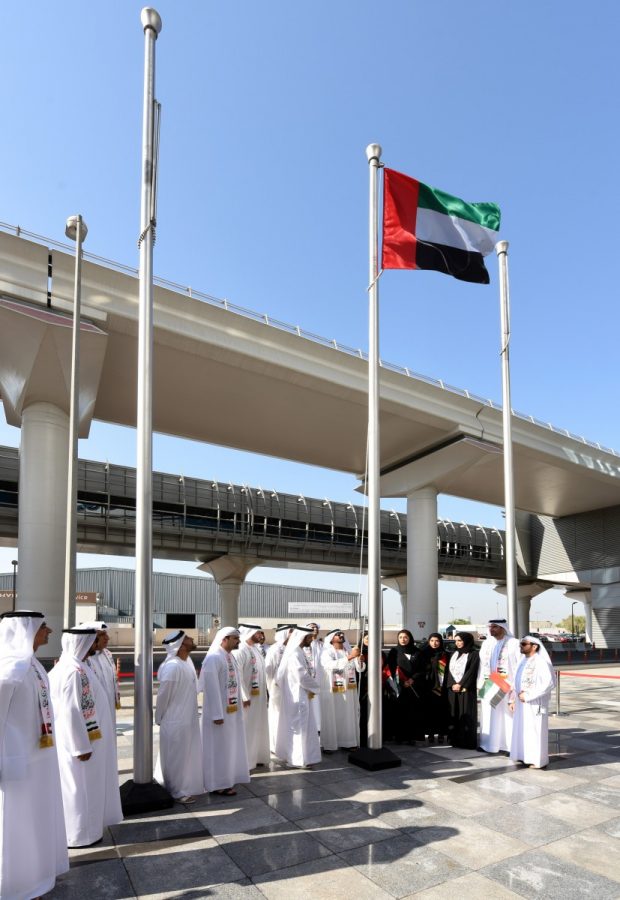
Emirates Group announces $320 million profit

Dubai: The Emirates Group said its revenue for the first six months of 2019-20 was $14.5 billion, down 2% from $ 14.8 billion during the same period last year.
This slight revenue decline was due mainly to planned capacity reductions during the 45-day Southern Runway closure at Dubai International airport (DXB), and unfavorable currency movements in Europe, Australia, South Africa, India, and Pakistan.
Profitability was up 8% compared to the same period last year, with the Group reporting a 2019-20 half-year net profit of $320 million.
The profit improvement was primarily due to the decline in fuel prices of 9% compared to the same period last year; however, the gain from lower fuel costs were partially offset by negative currency movements.
The Group’s cash position on September 30 stood at $6.3 billion, compared to $6 billion as at March 31.
“The Emirates Group delivered a steady and positive performance in the first half of 2019-20, by adapting our strategies to navigate the tough trading conditions and social-political uncertainty in many markets around the world,” Shaikh Ahmed bin Saeed Al Maktoum, Chairman and Chief Executive, Emirates Airline and Group, said in a statement.
“Both Emirates and dnata worked hard to minimize the impact of the planned runway renovations at DXB on our business and on our customers. We also kept a tight rein on controllable costs and continued to drive efficiency improvement, while ensuring that our resources were deployed nimbly to capitalize on areas of opportunity.”
The lower fuel cost was a welcome respite as we saw our fuel bill drop by AED 2.0 billion compared to the same period last year. However, unfavorable currency movements wiped off approximately AED 1.2 billion from the profits, he added.
“The global outlook is difficult to predict, but we expect the airline and travel industry to continue facing headwinds over the next six months with stiff competition adding downward pressure on margins. As a Group we remain focused on developing our business, and we will continue to invest in new capabilities that empower our people, and enable us to offer even better products, services, and experiences for our customers.”
The Emirates Group’s employee base remained unchanged compared to 31 March 2019, at an overall average staff count of 105,315.
During the first six months of 2019-20, Emirates received three Airbus A380s, with three more new aircraft scheduled to be delivered before the end of the 2019-20 financial year.
It also retired six older aircraft from its fleet with a further 2 to be returned by March 31, 2020.
The airline’s long-standing strategy to invest in the most advanced wide-body aircraft enables it to improve overall efficiency, minimize its emissions footprint, and provide high quality customer experiences.
Emirates continues to offer ever better connections for its customers across the globe with just one stop in Dubai. In the first six months of its financial year, Emirates added two new passenger routes: Dubai-Bangkok-Phnom Penh, and Dubai-Porto (Portugal). As of 30 September, Emirates’ global network spanned 158 destinations in 84 countries. Its fleet stood at 267 aircraft including freighters.


